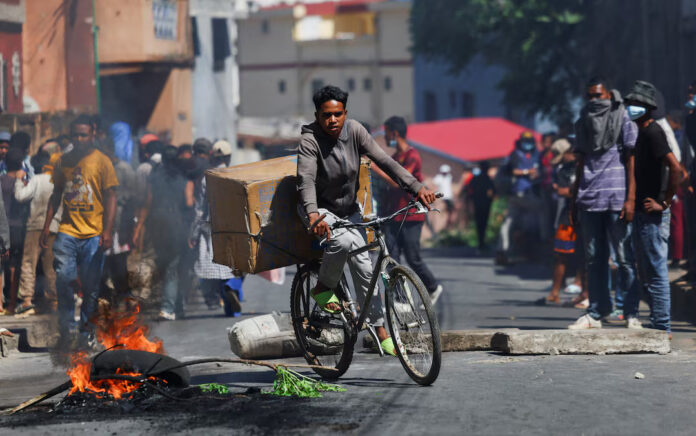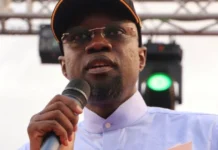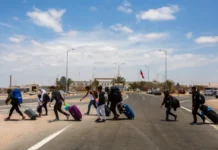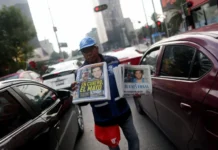
Youth protesters in Madagascar on Wednesday rejected President Andry Rajoelina’s invitation to join a newly launched “national dialogue,” accusing his government of repression amid weeks of intensifying demonstrations.
The protests, which began on September 25, have become the biggest challenge to Rajoelina’s leadership since his re-election in 2023.
Inspired by similar “Gen Z” movements in Kenya and Nepal, the rallies have given voice to growing anger over widespread poverty, corruption, and poor public services in the Indian Ocean nation.
Rajoelina last week dismissed his cabinet and appointed a new prime minister in an attempt to defuse tensions, announcing national talks aimed at uniting “spiritual leaders, students, and youth representatives.” Speaking at the opening session on Wednesday, he said:
“I don’t want flattery. I want to hear the truth. It’s the people who kept telling me that everything was fine who are responsible for our current situation.”
However, his appeal failed to win over the protesters. In a statement posted on their verified Facebook page, the Gen Z movement declared, “We reject this mockery of dialogue. We refuse the president’s invitation to talks. We will not engage in dialogue with a regime that represses, assaults, and humiliates its youth in the streets.”
Shortly before the dialogue began, police dispersed about 200 medical students attempting to march from Antananarivo’s main government hospital after a sit-in, according to a Reuters witness.
The demonstrations, initially triggered by severe water and electricity shortages, have broadened into calls for Rajoelina to resign, apologise to the nation, and dissolve both the Senate and the electoral commission.
At least 22 people have been killed and over 100 injured since the unrest began, according to United Nations figures, which the government disputes. On Tuesday night, Rajoelina appointed new defence and public security ministers and ordered them to restore public order, without specifying measures.
Families of victims say the government has failed to protect citizens. Maminira Ranoelisoa, whose husband was shot dead during the first day of protests, said his killing was “entirely preventable.”
“It is normal for the people to protest because the people are hungry,” she said.
The crisis comes at a fragile moment for Madagascar’s export-driven economy, heavily reliant on vanilla, nickel, cobalt, textiles, and shrimp.
According to the World Bank, the country’s per capita GDP has fallen by 45% between 1960 and 2020, underscoring the deep economic frustration fueling the unrest.
Source: Reuters
Written By Rodney Mbua


















